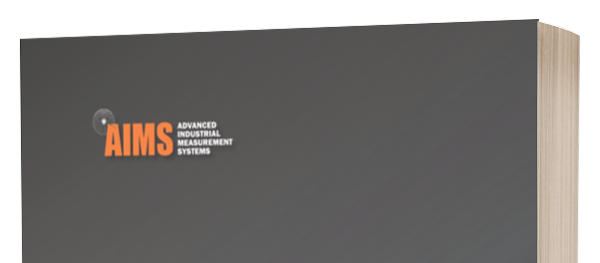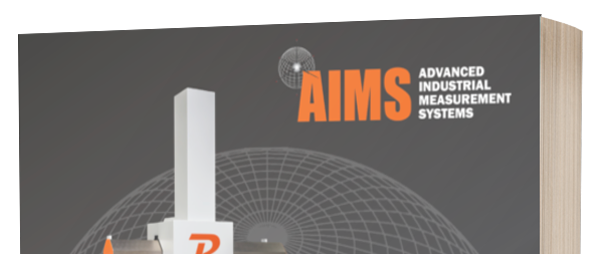Coordinate measuring machines (CMMs) are advanced measurement devices used to generate precise three-dimensional models of scanned objects. They employ either manual or automated probes to collect a set of exact data points that represent an object, which are then loaded into specialized software to render a digital representation of the object.
CMMs typically find use in quality control operations, testing the dimensions of newly manufactured objects against preset standards to ensure accurate, consistent production. In addition to their function as QC equipment, they are employed in many other applications, such as:
- Equipment calibration
- Measurement
- Product digitization
- Reverse-engineering
How Does a Coordinate Measuring Machine Work?
The operation of a CMM varies depending on the probe type, but the general principles remain the same: a probe scans the object’s surface with either styli, machine vision, or laser sensors to obtain the exact coordinates of each data point.
These coordinates are then compiled and inputted into the rendering software, which converts them into a digital representation. While some CMMs use direct computer control to automate the machine’s movement to reduce the possibility of human error, manual operation is also possible.
Benefits of Coordinate Measuring Machines
Compared to other measurement devices, CMMs offer a number of key benefits, including:
- Higher cost-effectiveness. A CMM is a substantial investment. However, over time, these machines pay for themselves in terms of increased efficiency, reductions in labor costs, and lower product failure rates.
- Broader versatility. Depending on the probe type, CMMs can be used to assess a wide range of products, from small and fragile models to large and heavy equipment.
- Greater accuracy. For many applications, CMMs generate the most accurate representations possible with modern measuring equipment. The use of direct computer control elements further increases the accuracy of the measurements taken.
Types of Coordinate Measuring Machines
There are several types of CMMs available, each of which can be classified based on the mounting style or the design of the probe.
Types of Coordinate Measuring Machines (CMMs) by Mounting Style
When categorized by mounting style, CMMs fall into four main types:
- Bridge CMMs are the most common, consisting of a three-axis structure and a platform on which the object rests. They are ideal for small components.
- Cantilever CMMs are similar to bridge models in that they are suitable for use with small parts. Their design features a head attached to the base at only one point and a platform open on three sides. This type of CMM offers greater access and enables automatic loading and unloading of parts that fit within the size restrictions.
- Gantry CMMs can handle larger and heavier objects that are incompatible with bridge or cantilever designs. Although they must be mounted securely to the floor, which limits portability, they allow objects to be measured directly from the floor.
- Horizontal Arm CMMs feature the most distinct design as their probes are mounted to horizontal arms rather than vertical ones. This design allows the probe to access narrow or otherwise inaccessible components.
Types of Coordinate Measuring Machine (CMMs) by Probe Design
CMMs can be further broken down by probe type:
- Contact probes use a physical stylus that detects the coordinate by sending a small electrical impulse.
- Non-contact probes replace manual measurements with digital ones, calculating the distance between the camera or laser and the surface of the object.
The main tradeoff to consider with probe type is between speed and accuracy. Contact probes take longer, but they generate more precise data than non-contact varieties. One potential solution is to employ a multi-sensor system, which uses both contact and non-contact methods.
Buy Coordinate Measuring Machines at AIMS
At AIMS Metrology, we specialize in high-performance CMMs. As an ISO/IEC 17025:2005 certified original equipment manufacturer (OEM), we invest substantial time in developing, testing, and distributing a wide range of CMMs and related products. By partnering with us for their CMM needs, our customers can take advantage of our turnkey services, which include:
- Design
- Installation
- Calibration
- Retrofitting
- Upgrading
- Software training
To learn more about our turnkey CMM solutions or to receive a product or service quote,contact us today.

